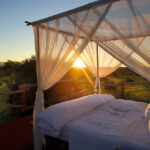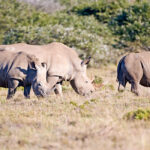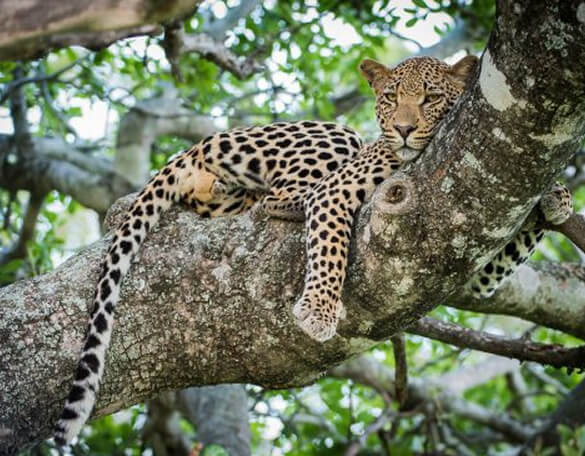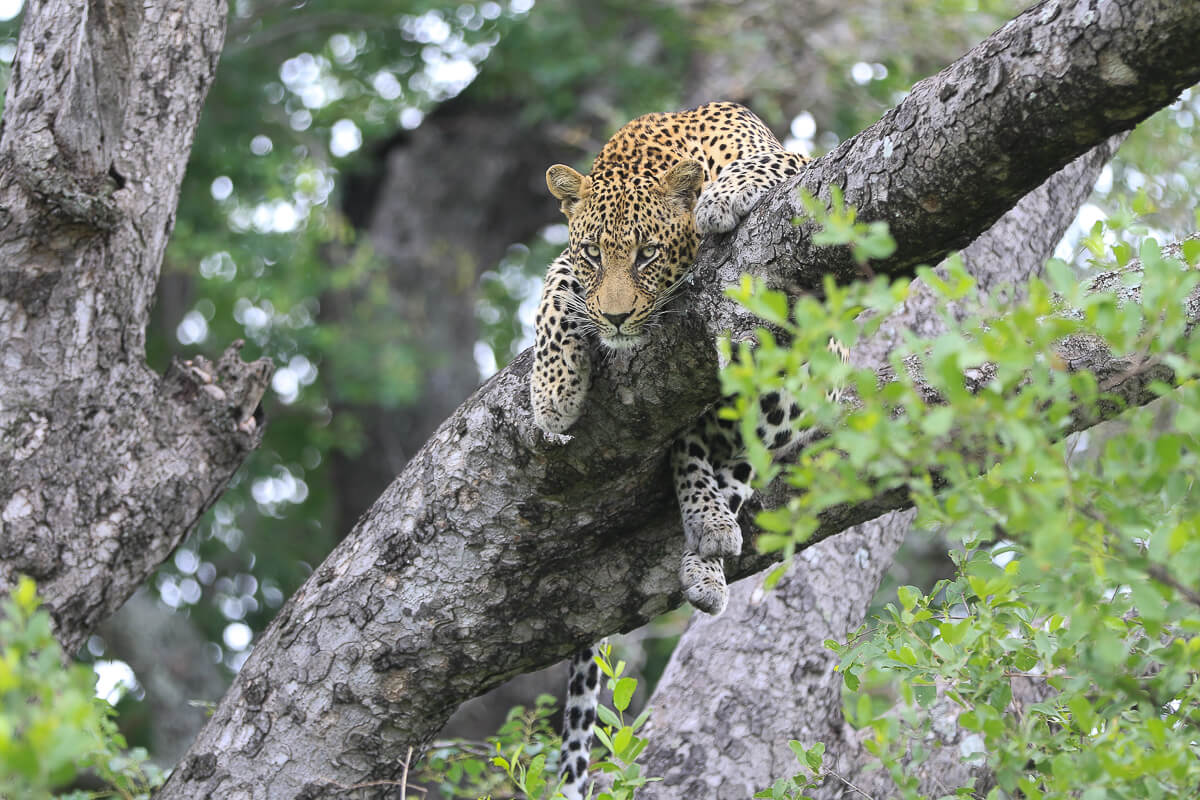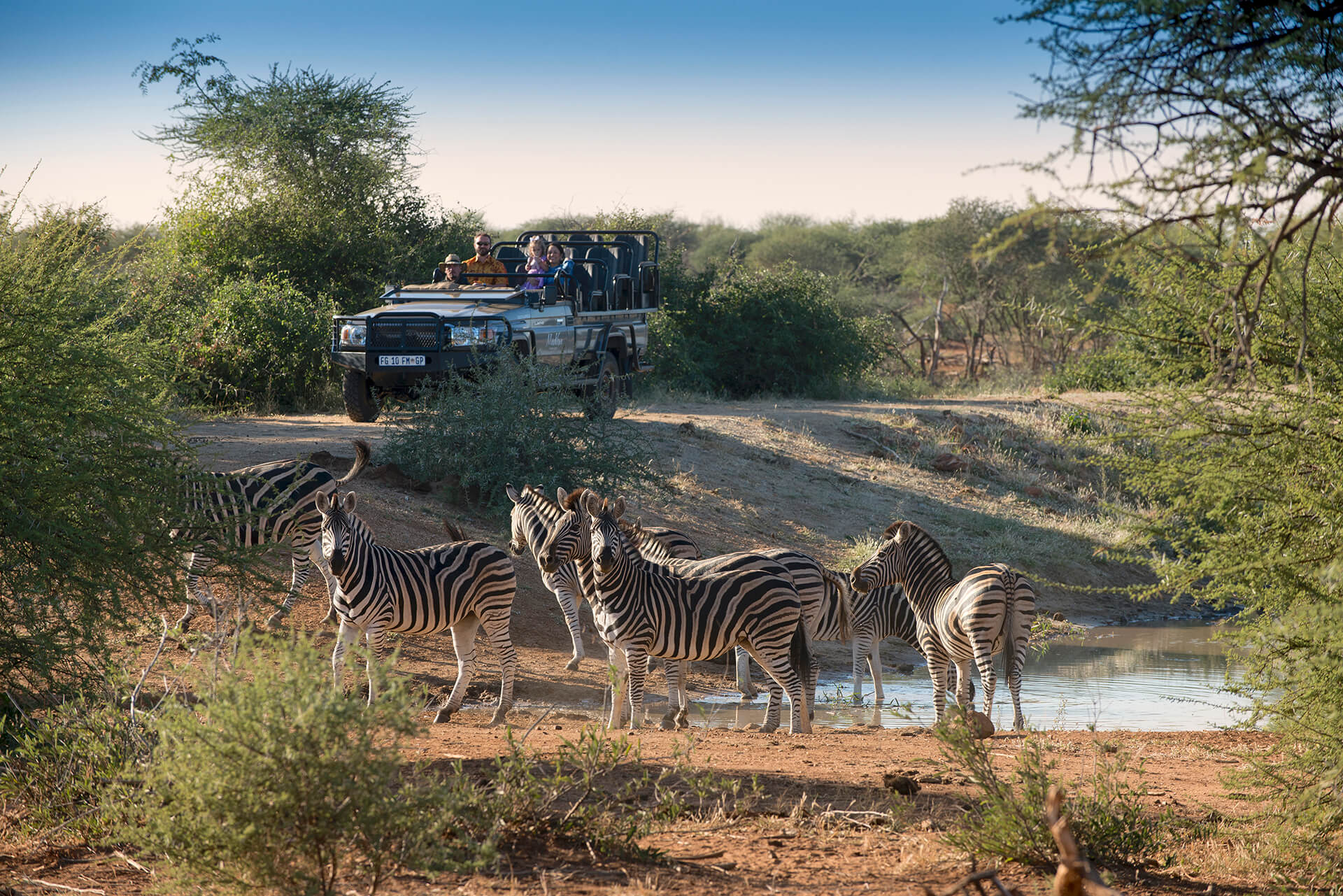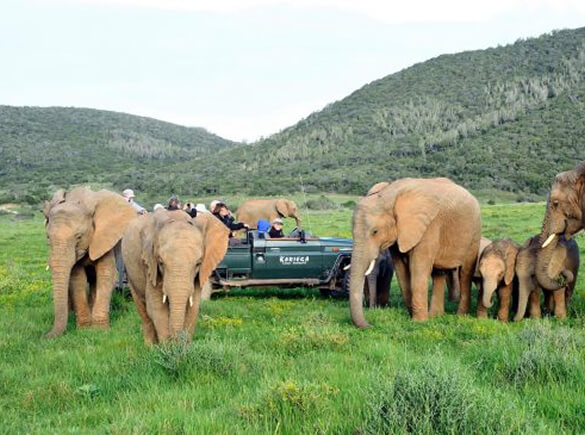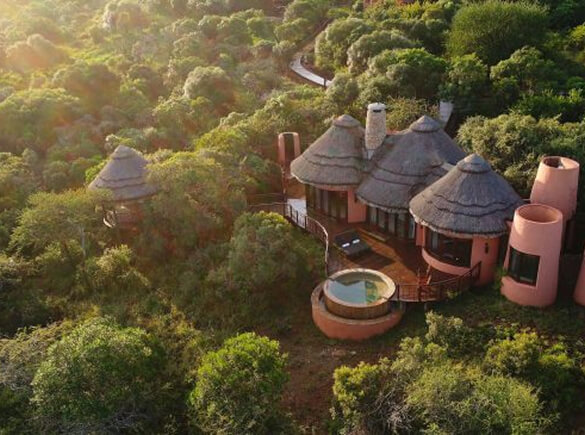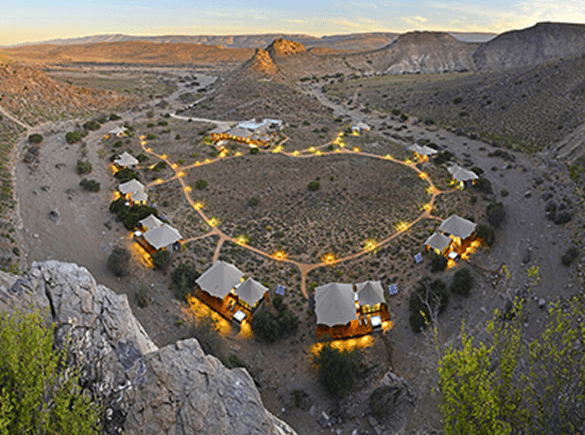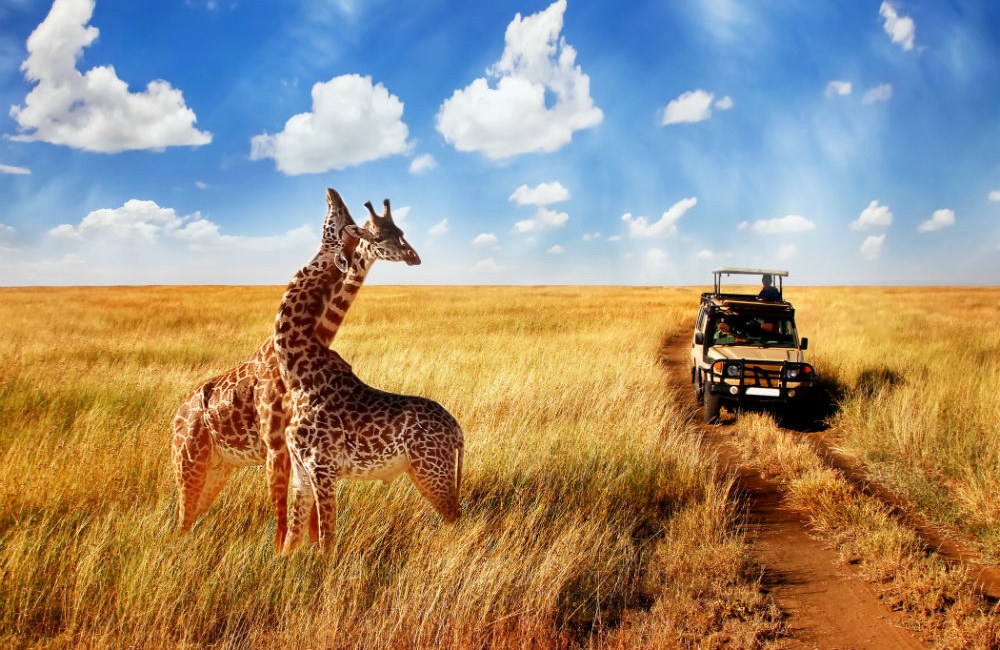
Though we are living in the 21st century, the technological Information Age, African safari myths continue to persist, particularly in travel circles. Some of these safari myths have come to be accepted as facts simply because they have been repeated so many times. Others are misconceptions that people have for different reasons. Whatever the case, misinformation can cause confusion (and potentially problems) for those planning to visit Africa for safari. Travellers may even put off going on safari as a result of it. Thus, it is important to separate fact from fiction and debunk the falsehoods.
African Safari Myths Common Amongst Travellers
Myth 1: Africa Is Not Safe
This is one of the most common myths and misconceptions. While it may be true that the past has not favoured Africa’s image, the majority of countries on the continent are safe to visit today, especially safari destinations. In areas where safety may be an issue (consult with your agent for info), simply apply common sense and take precautions. For instance, don’t travel at night, carry valuables, walk through dark alleys, etc.
Is going on safari dangerous? Not usually. Sure, there are dangerous animals in Africa and deadly incidents have occurred, but these are extremely rare. Most fatalities and injuries have happened because individuals got out of their safari vehicles on game drives to harass wild animals. If you follow the game park’s rules, along with the instructions of your safari driver/guide, then you and your companions will be safe.
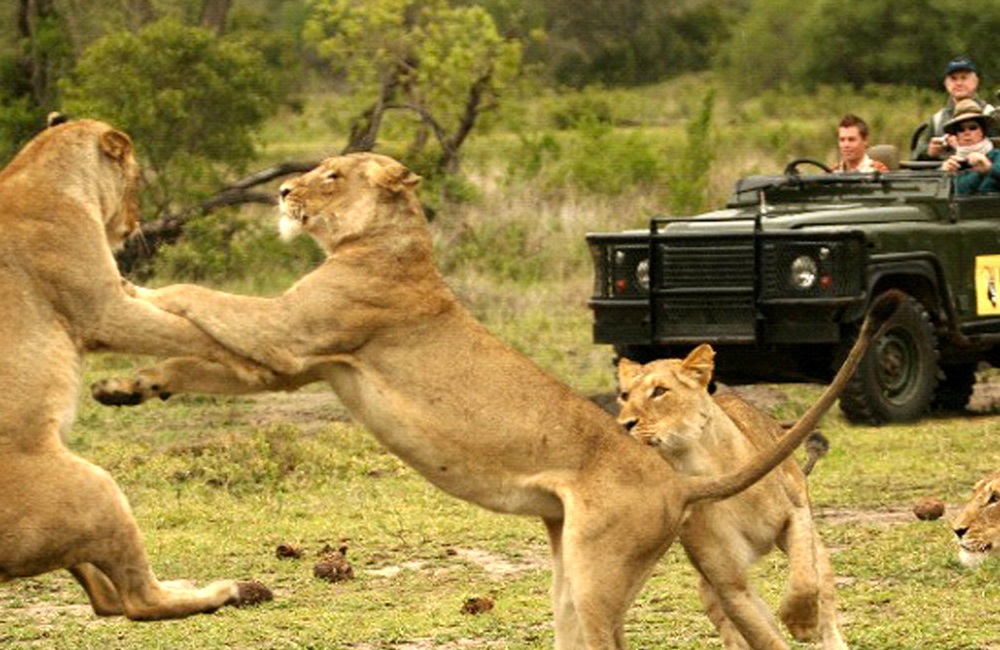
Myth 2: Africa Is Always Hot and Full of Snakes/Bugs
Africa is always hot – Yet another of the common African safari myths in circulation. The truth is that the heat very much depends on where you go in Africa. Some countries on the continent, like South Africa, have temperate climates with warm sunny days and cool mornings and evenings, even in the hotter summer months. The game reserves and parks in these countries are preferred African safari destinations.
Regarding snakes and insects, certainly Africa is home to a wide variety of creatures of all shapes and sizes. There aren’t any more of them than one would find in other world continents, though. In very hot climates and in certain bushveld areas, safari-goers do need to be a bit more careful. However, it is easy to get by safely and comfortably with common sense, the right attire, a mosquito net and some bug repellent.
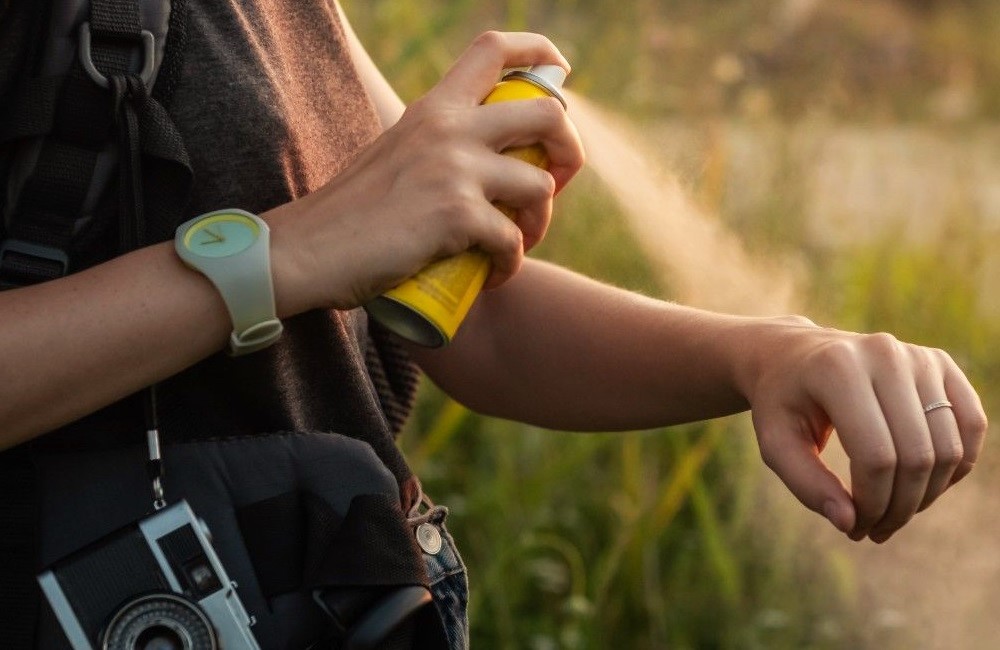
Myth 3: A Safari Isn’t a Safari Unless You Camp Out
False. You can camp out in the wild if you choose to. But safariers also have the option of staying in a luxurious lodge that delivers an authentic safari experience. For those who want the benefits of both options, there are private game reserves (like Shamwari) that offer tented lodges and camps. This type of safari accommodation is ideal for people who want to get really close to nature without compromising safety and comfort.
At the end of the day, how a person enjoys their safari trip depends on their personal preferences and budget. Camping or “roughing it” is one way of safariing in Africa, but it’s not the only way or necessarily the best way. That misconception would fall into the category of African safari myths. You absolutely can make your bushveld adventure a real one if you stay at a safari lodge or hotel. Indeed, there are great reasons to do so.
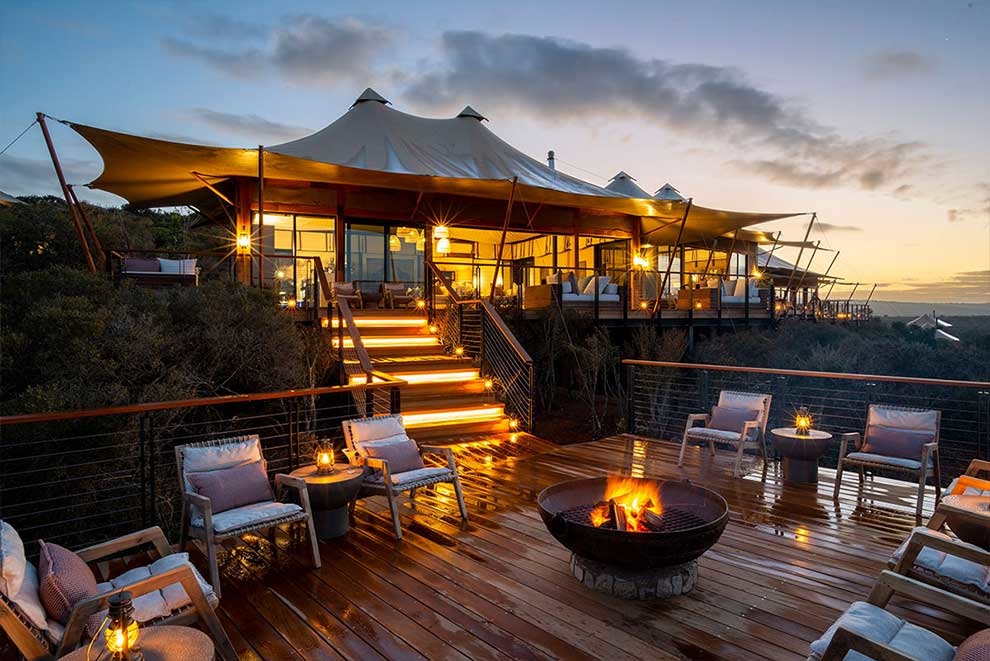
–
Considering going on safari in Africa? South Africa has some of the best safari sites on the continent! Let us help you plan an outdoors adventure of a lifetime. Contact us here for info and assistance.


